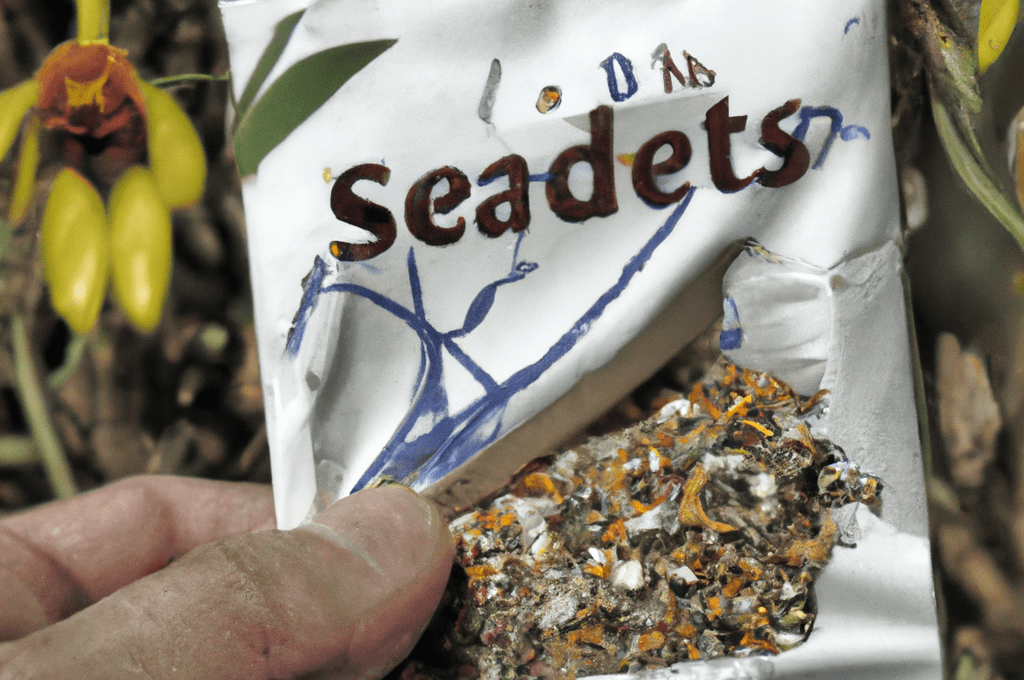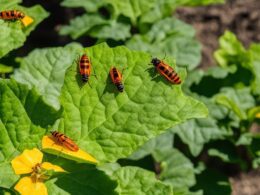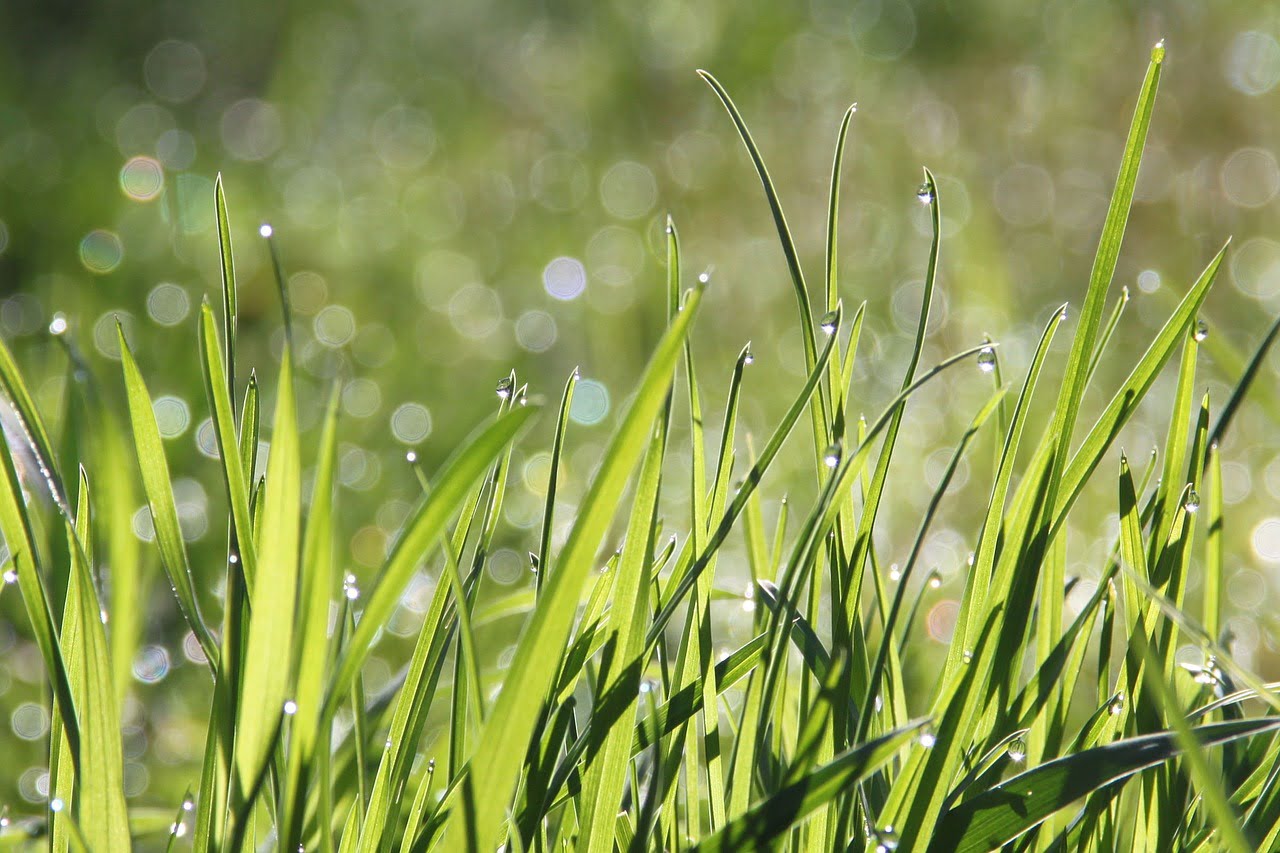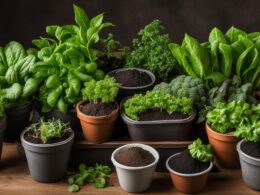Are you feeling frustrated because your seeds just won’t germinate? Don’t worry, you’re not alone! Many gardeners face this common problem, but the good news is that there are simple solutions to help you overcome this issue.
In this article, we will explore the most common reasons why seeds fail to sprout and provide practical tips to help you successfully start your garden from seed. Starting your own garden from seed can be a rewarding experience, but it can also be overwhelming and stressful when things don’t go as planned. However, with a little bit of knowledge and the right tools, you can overcome these seed troubles and achieve a thriving garden.
So, whether you’re a novice gardener or an experienced one, keep reading to discover how to fix those seed troubles and start enjoying a beautiful and healthy garden!
Quick Summary
- Environmental conditions, moisture levels, seed depth, critters, soil compaction, planting time, seed quality, and fungi are common causes of seed germination failure.
- To achieve successful seed germination, plant seeds at the recommended depth, use soil mix with organic material, check seed expiration dates and packaging, maintain even moisture levels, and ensure proper soil preparation.
- Seed storage is important, and purchasing new seeds may be necessary if unsure about seed quality.
- Starting a garden from seed can be rewarding, and there are simple solutions to overcome seed troubles and achieve a thriving garden.
Reasons for Non-Germination
If your seeds aren’t germinating, it could be due to a variety of factors. Environmental conditions such as temperature, sunlight, and humidity can greatly affect seed germination. If the conditions aren’t optimal, your seeds may struggle to sprout.
Additionally, moisture levels can play a big role. Seeds need to be kept evenly moist, but not overwatered, to germinate successfully. Other factors that can impact seed germination include seed depth, critters, soil compaction, planting time, seed quality, and fungi.
It’s important to ensure that your seeds are planted at the recommended depth or triple the diameter of the seed. Covering seedbeds with mesh fabric can help protect them from critters. Using soil mix with organic material can prevent air cutoff due to soil compaction. Checking the expiration dates and packaging for damage can help you identify seed quality issues.
To determine seed viability, you can use a water test or sprouting test.
Solutions for Common Issues
To ensure successful germination, it’s important to address common issues that can prevent seeds from sprouting. Maintaining even moisture levels in your soil and using a soil mix with organic material can prevent air cutoff and promote healthy root growth. However, there are other factors to consider, such as seed storage and viability.
When it comes to seed storage, it’s important to keep in mind that most seeds lose viability after five or six years. If you’re working with old seeds, you can try soaking them for 24 hours and placing them in a warm, damp paper towel to encourage germination. However, if you’re unsure about the quality of your seeds, it’s best to purchase new ones. By taking these steps, you can set yourself up for success and ensure that your seeds have the best possible chance to germinate and grow into healthy plants.
| Issue | Solution | |||
|---|---|---|---|---|
| Critters | Cover seedbeds with mesh fabric | |||
| Soil compaction | Use a soil mix with organic material | |||
| Seed depth | Plant seeds at recommended depth or triple seed’s diameter | |||
| Moisture levels | Keep soil evenly moist and avoid overwatering | Sunlight | Choose plants that are suitable for the amount of sunlight in the area |
Will fixing seed troubles help with growing Salvia Nemorosa for a gorgeous splash of color?
Fixing seed troubles is crucial for growing Salvia Nemorosa beautifully. By ensuring the seeds are healthy and viable, you can guarantee a gorgeous splash of color in your garden. Properly addressing any issues with the seeds will set the stage for a successful and vibrant display of Salvia Nemorosa.
Tips for Successful Germination
For successful germination, you should mist the soil instead of pouring water to keep it evenly moist. Pouring water can cause the soil to become compacted, and this can make it difficult for the seeds to get the oxygen and nutrients they need to sprout.
Misting the soil allows you to control the amount of moisture that the seeds receive, and it helps to prevent overwatering. Another tip for successful seed starting is to properly prepare your soil.
You should use a high-quality soil mix that contains organic material to prevent air cutoff and ensure that the seeds have the nutrients they need to grow. Make sure that the soil is loose and free of any large clumps or debris that could impede seed growth.
By taking the time to prepare your soil correctly and misting it regularly, you can give your seeds the best possible chance to germinate and grow into healthy plants.
Frequently Asked Questions
Can using too much fertilizer prevent seeds from germinating?
Using too much fertilizer can prevent seeds from germinating. Troubleshooting techniques include testing soil pH and using a balanced fertilizer. Remember to follow recommended application rates and avoid fertilizing right before planting.
How long should you wait before giving up on seeds that haven’t germinated?
Seed viability is affected by factors that affect seed germination. If seeds haven’t germinated after the recommended time, try troubleshooting techniques like soaking, temperature control, and moisture monitoring. Don’t give up too soon, but keep in mind that most seeds lose viability after a few years.
Is it possible to overwater seeds and cause them not to germinate?
Yes, overwatering seeds can prevent germination by causing seed hydration problems and reducing oxygen flow. It’s crucial to maintain proper soil moisture levels and temperature control to avoid this.
What are some natural ways to keep critters from eating seedlings?
To keep critters from eating seedlings, try companion planting with herbs like basil and marigold. DIY organic pest control options include using neem oil or making a garlic and hot pepper spray.
Can using tap water instead of distilled water affect seed germination rates?
Using tap water instead of distilled water may affect seed germination rates due to tap water contaminants. Distilled water benefits seeds by being free of minerals and other impurities that can hinder growth. Ensure your seeds have the best chance by using distilled water.









